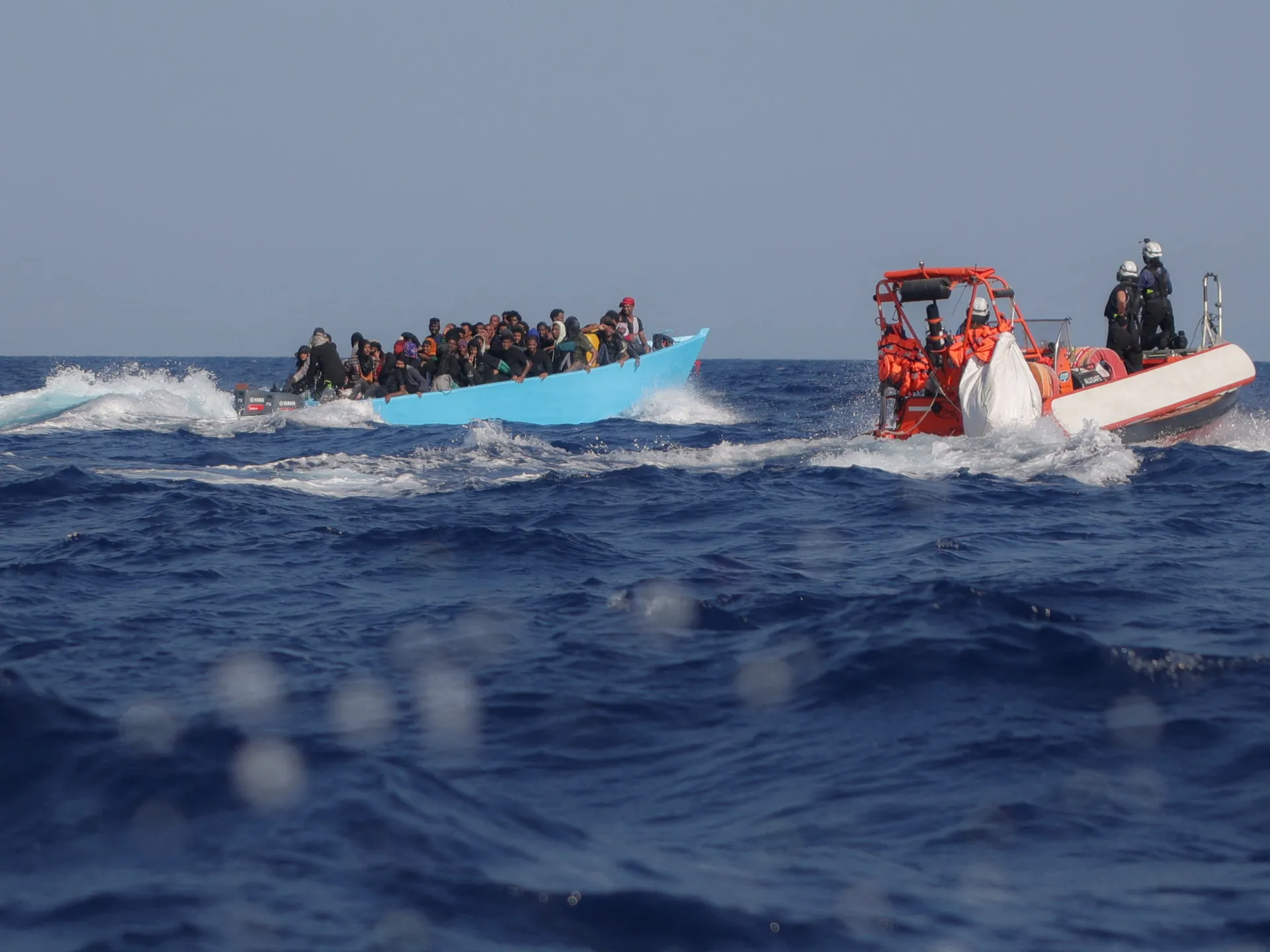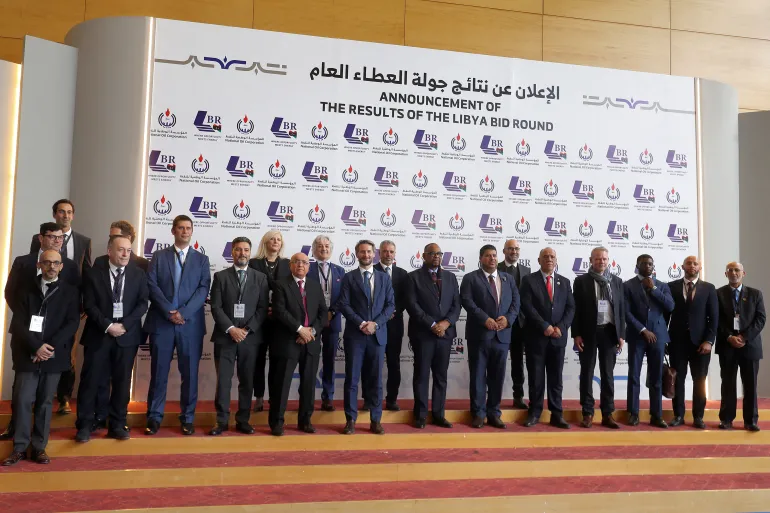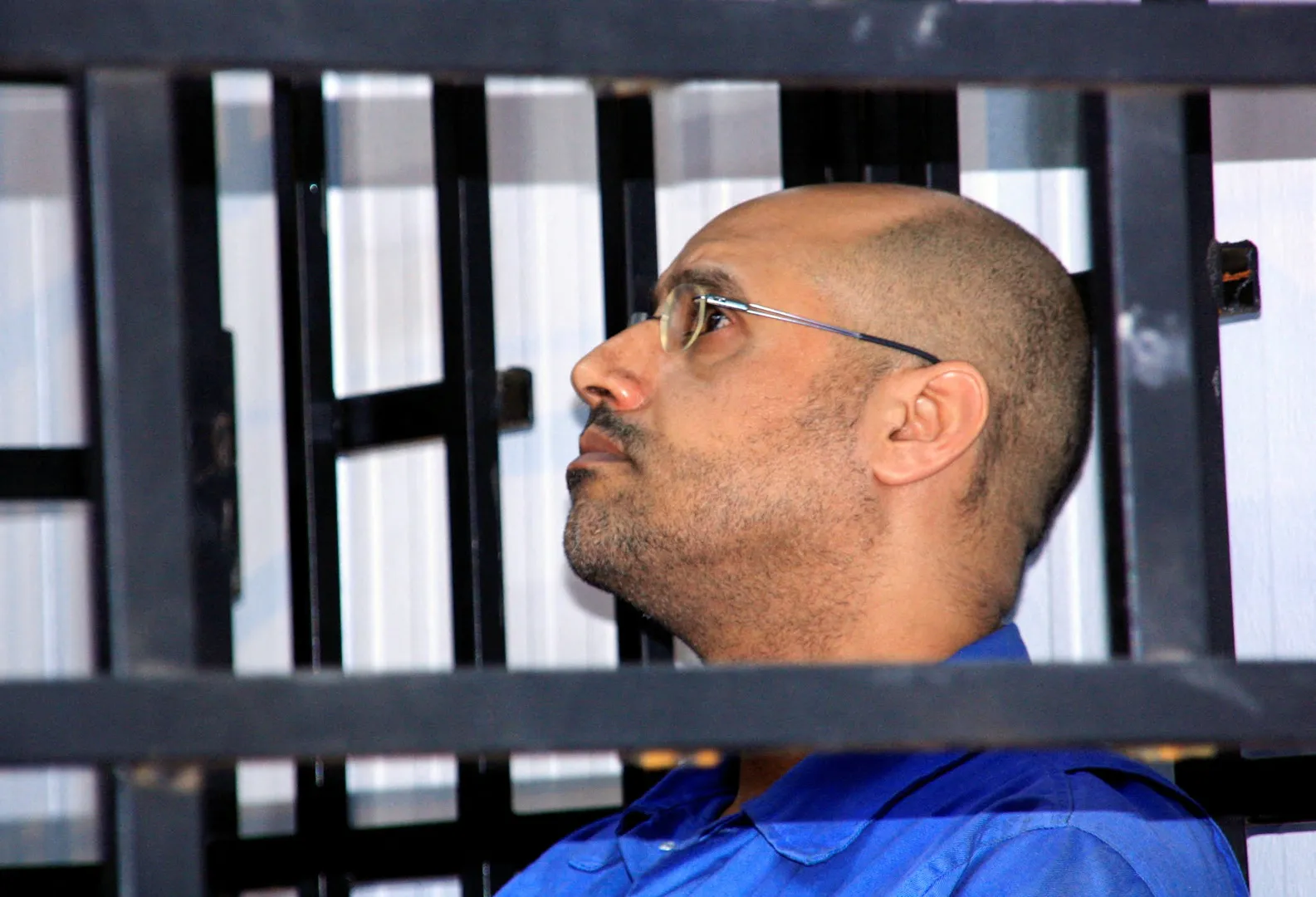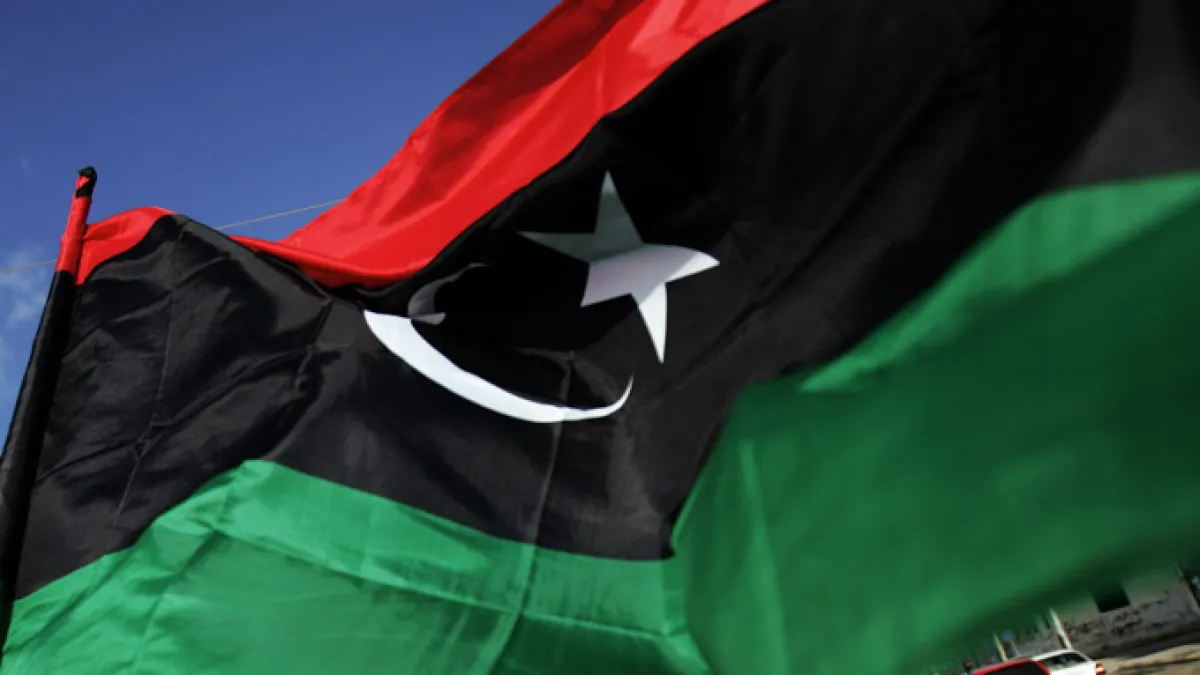Eight bodies found in Libya, Greece as toll in the Mediterranean rises | Refugees News
Bodies of five asylum seekers wash ashore in Libya as three others die in a separate incident off the coast of Greece.
Police in Libya have recovered the bodies of five asylum seekers that washed ashore near the capital, Tripoli, as authorities in Greece announced the deaths of three others in a separate incident off the coast of Crete.
The bodies in Libya were found on Saturday by residents of the coastal town of Qasr al-Akhyar, according to a police officer.
Recommended Stories
list of 4 itemsend of list
Hassan Al-Ghawil, head of investigations at the Qasr Al-Akhyar police station, told the Reuters news agency that the bodies were all of dark-skinned people. Two of them were women.
He said people in the area had reported seeing a child’s body wash ashore before the waves returned it to sea.
“We reported to the Red Crescent to recover the bodies,” said Ghawil. “The bodies we found are still intact, and we think there are more bodies to wash ashore.”
The tragedy came weeks after the International Organization for Migration said some fifty-three migrants, including two babies, were dead or missing after a rubber boat carrying 55 people capsized off the coast of Zuwara town in western Tripoli.
It also came as Greek authorities were responding to a separate incident in the eastern Mediterranean.
The Athens News Agency reported on Saturday that authorities had recovered three bodies and rescued at least 20 people after a wooden boat carrying migrants and asylum seekers capsized off the coast of Crete.
Most of the survivors were Egyptians and Sudanese people, the agency reported. They also included four minors.
According to the Greek public broadcaster ERT, the wooden boat capsized when passengers were trying to climb up the ladders during a rescue effort involving a commercial ship.
The search for survivors was continuing with four patrol boats, an aircraft, and two ships from the European border agency Frontex, a spokesperson for the Greek coastguard told the AFP news agency.
According to ERT, survivors said about 50 people had been on board the wooden boat.
A second boat carrying about 40 migrants and asylum seekers was spotted in the area, leading to another rescue operation.
Thousands of people attempt the perilous crossing from Libya to Europe over the Mediterranean every year. Libya has become a transit route for people fleeing conflict and poverty to Europe since the fall in 2011 of longtime ruler Muammar Gaddafi.
Last week, a UN report said migrants in Libya, including young girls, are at risk of being killed, tortured, raped or put into domestic slavery, and called for a moratorium on the return of migrant boats to the country until human rights are ensured.
Many of the migrants and asylum seekers departing Libya seek to arrive in Crete, the gateway to the EU.
According to the United Nations High Commissioner for Refugees (UNHCR), more than 16,770 people seeking asylum in Europe arrived in Crete in 2025.
Faced with the surge in arrivals, the conservative Greek government suspended the processing of asylum applications for three months last summer, particularly for those arriving from Libya.
The UNHCR says 107 people died or went missing in Greek waters in 2025.





